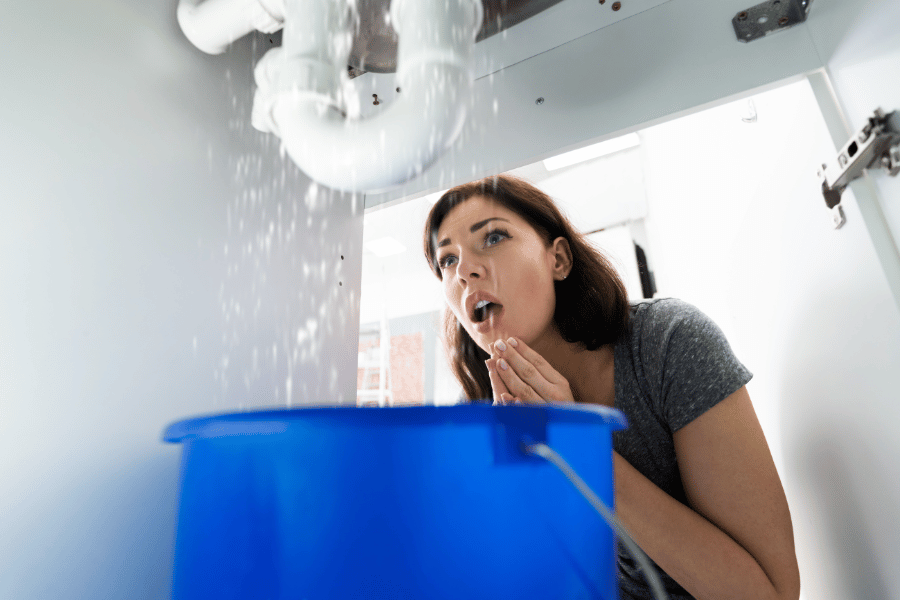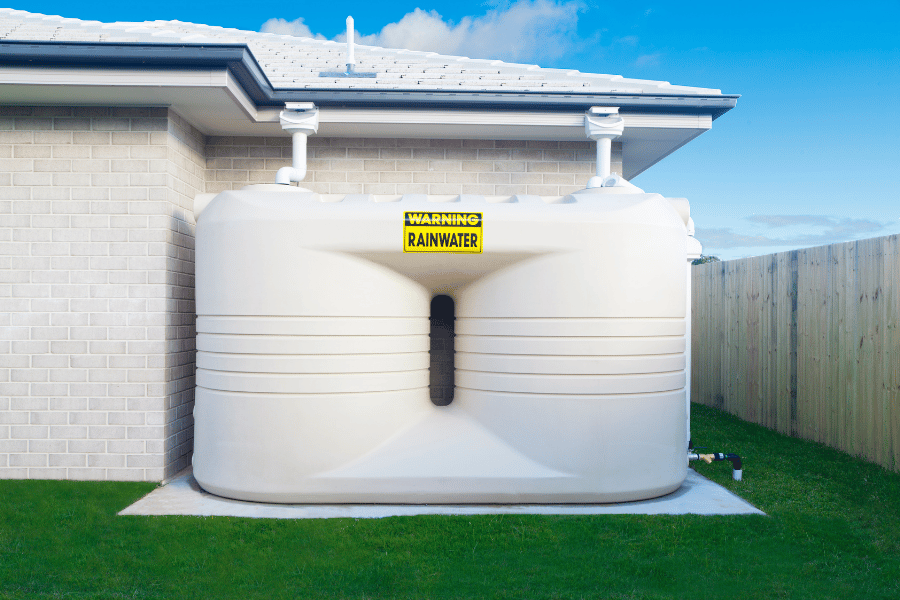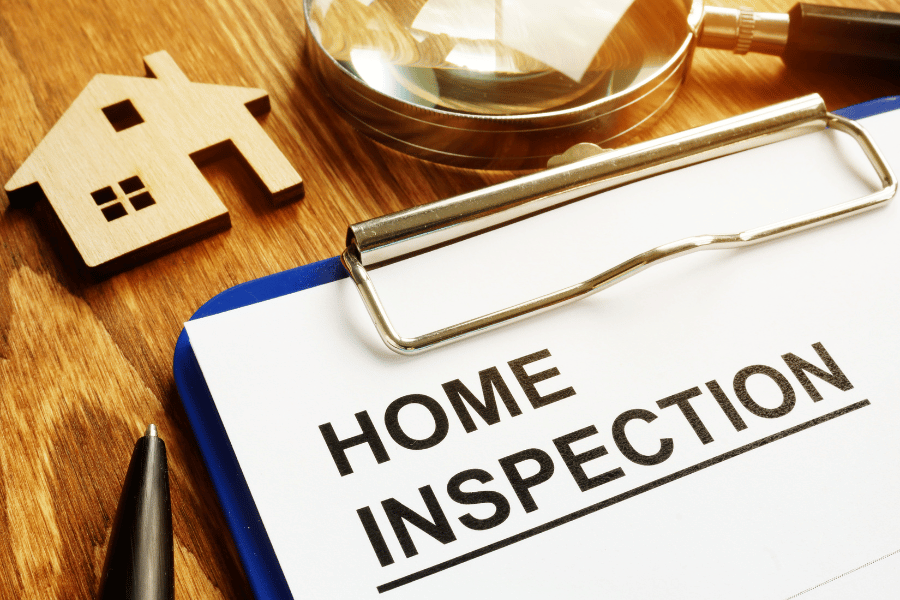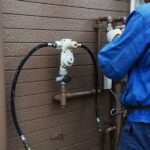
Gas Line Installation and Repair – Why You Should Never DIY
May 14, 2024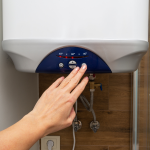
Eco-Friendly Plumbing and Heating Upgrades for Suffolk County Homes
June 3, 2024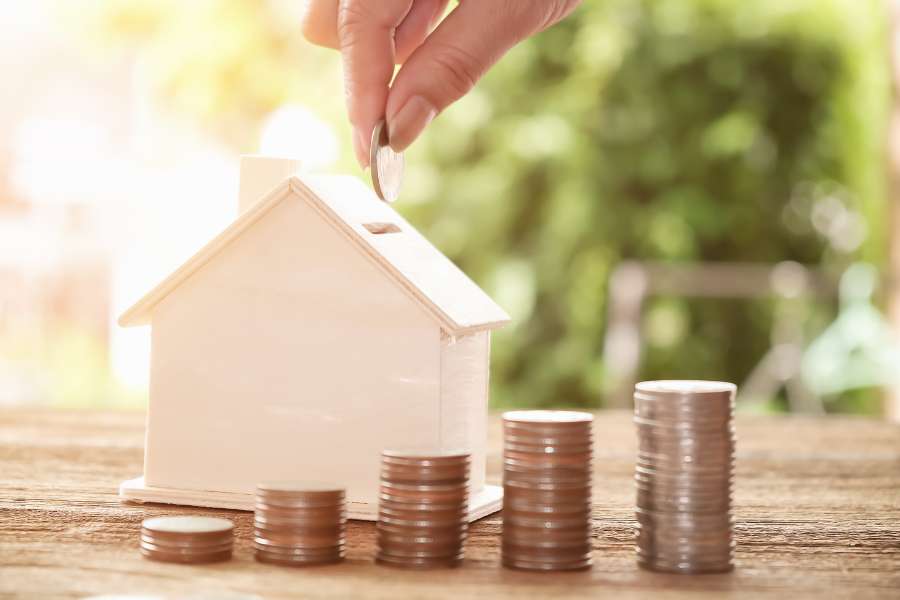
30 Money Saving Plumbing and Heating Tips for Suffolk County NY
Discover How to Slash Your Plumbing and Heating Bills Today!
Looking to cut down on your utility bills and improve the efficiency of your plumbing and heating systems? VP Plumbing & Heating in Suffolk County offers expert advice on money-saving plumbing and heating tips. From replacing old toilets to maintaining your heating system, our professionals are here to help you save water, energy, and money.
How old is your toilet? If your house was built in the ’90s and your plumbing has never been updated, chances are you don’t have a water-efficient 1.6-gallon per flush toilet. You are wasting water with every flush. Call us today to replace your old toilets and start saving water!
Spring brings lots of rain and flooding too! Speak with the experts about sump pumps and other solutions to your chronic flooding problems! Call on the professionals to find and fix the problem.
Beware of bad smells from your running water! If you have a foul odor during the first few minutes of running the hot tap, it could be due to a faulty anode rod in your water heater. If you don’t take care of the problem, corrosion results, which can eat away at the inside of your tank.
Toilet water running? Find out by testing it yourself by placing a few drops of food coloring in the TANK, not the bowl. Leave it for 20 minutes. If there’s any discoloration inside the bowl, you have got a confirmed leak. If you find a problem, give us a call.
Clogged drains over and over? It is probably time for a professional to provide a solution rather than using store-bought solutions. Clearing the blockages is essential to avoiding pipe replacement.
Chilling weather often brings frozen pipes. Most of the time, the solution involves providing some form of insulation. Eliminate this potential hazard as soon as you notice the problem by calling in the professionals.
Leaky shower head! It is important not to ignore it. Not only are you wasting water, but the water could be causing a larger problem, damage inside the wall. Call in the experts to identify the problem and find a solution.
Water at the base of your toilet? It may be leaking. If the leak is coming from under the base, it will eventually rot your floor. It’s time to ask the professionals for help.
Have a garbage disposal? Keep it grinding by avoiding putting certain foods in it. Pasta, rice, carrots, potatoes, and any other water-absorbing items could expand when wet and cause a clog. Contact the professionals to help.
Save gallons of water by only running your washing machine and dishwasher when they’re completely full.
Save up to 4 gallons a minute just by turning off the water while brushing your teeth until you’re ready to rinse. Save hundreds of gallons a week!
When washing your car, use a bucket of soapy water and then rinse with a hose and nozzle. By turning the water off until you’re ready to rinse, you could save as much as 100 gallons of water.
Keep your heating system running well by cleaning or replacing the filters once a month. Also, clean your air registers, baseboard heaters, and radiators as needed, and make sure they’re not blocked.
Natural gas heat can save you money. If you’ve got a gas furnace or stove, consider a gas hot water heater as well. You’ll save money extending the gas line to your water heater, as natural gas and propane water heaters are about three times less expensive to operate than the electric ones.
Don’t use harsh chemicals in your drain. They’re dangerous to use and harmful to your pipes. Use a biologically active drain cleaner. Good bacteria and enzymes literally eat away the clogs in your system without damaging the pipes. Want to learn more? Call us and find out how to get started.
Install low-flow fixtures. Replacing your old showerheads, faucets, and toilets with low-flow versions can save significant amounts of water and reduce your utility bills.
Insulate your water heater. Adding insulation to your water heater can improve its efficiency and reduce the amount of energy it uses, saving you money on your energy bills.
Install a programmable thermostat. This allows you to set specific temperatures for different times of the day, ensuring your heating system is not working harder than necessary and saving you money on energy bills.
Seal leaks in your ductwork. Properly sealing ducts can improve the efficiency of your heating system, reducing energy waste and lowering your utility bills.
Upgrade to energy-efficient appliances. Replacing old appliances with energy-efficient models can significantly reduce your energy consumption and save you money in the long run.
Fix dripping faucets. Even a slow drip can waste a lot of water over time. Repairing or replacing faulty faucets can help you save water and money.
Use ceiling fans to circulate air. Ceiling fans can help distribute heat more evenly throughout your home, reducing the need for additional heating and saving on energy costs.
Install storm windows. Adding storm windows can improve the insulation of your home, keeping it warmer in the winter and cooler in the summer, which can lower your heating and cooling costs.
Service your heating system regularly. Regular maintenance can keep your heating system running efficiently and prevent costly breakdowns, saving you money on repairs and energy bills.
Use a water heater timer. Installing a timer on your water heater can help reduce energy usage by only heating water during peak usage times.
Insulate your pipes. Insulating your hot water pipes can reduce heat loss and keep your water hotter for longer, saving energy and money.
Install a water softener. Hard water can cause scale buildup in your pipes and appliances, reducing their efficiency. A water softener can help prevent this and improve the lifespan of your plumbing system.
Opt for a tankless water heater. Tankless water heaters heat water on demand, which can be more energy-efficient and cost-effective than traditional tank water heaters.
Use low-flow toilets. Replacing old toilets with low-flow models can significantly reduce your water usage and lower your water bill.
Monitor your water usage. Keep an eye on your water meter to detect leaks early and address them promptly, preventing water waste and high utility bills.


